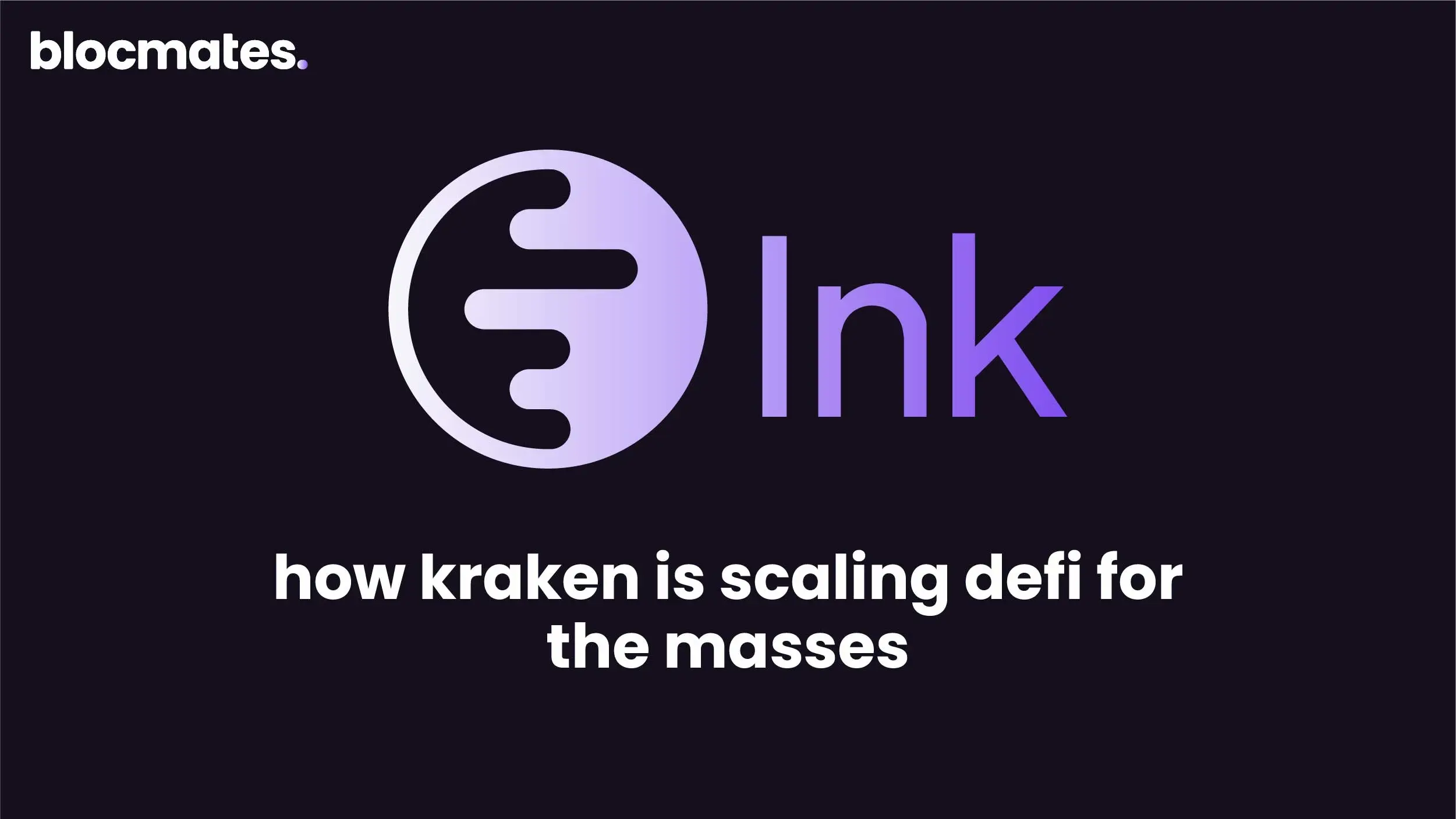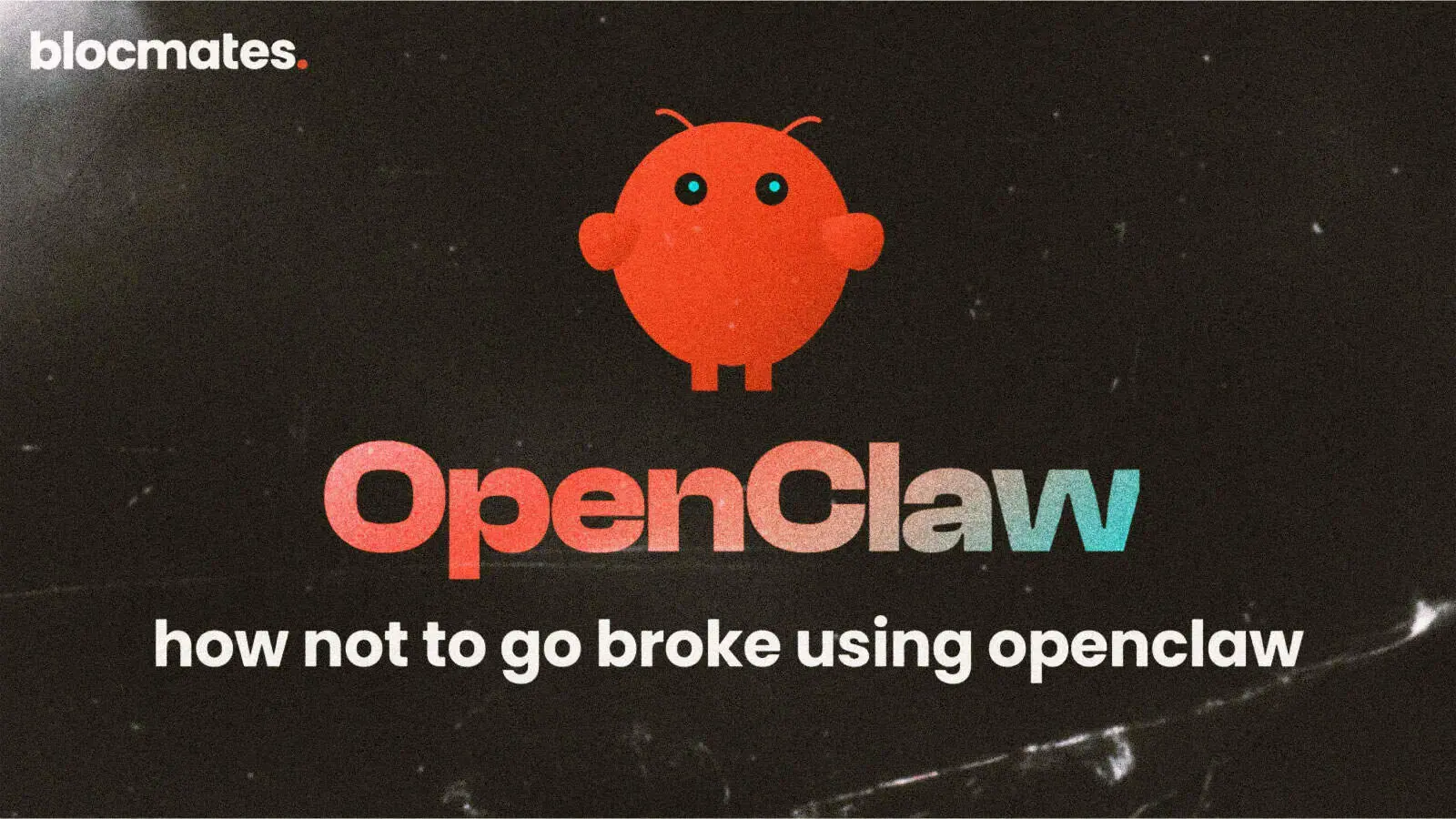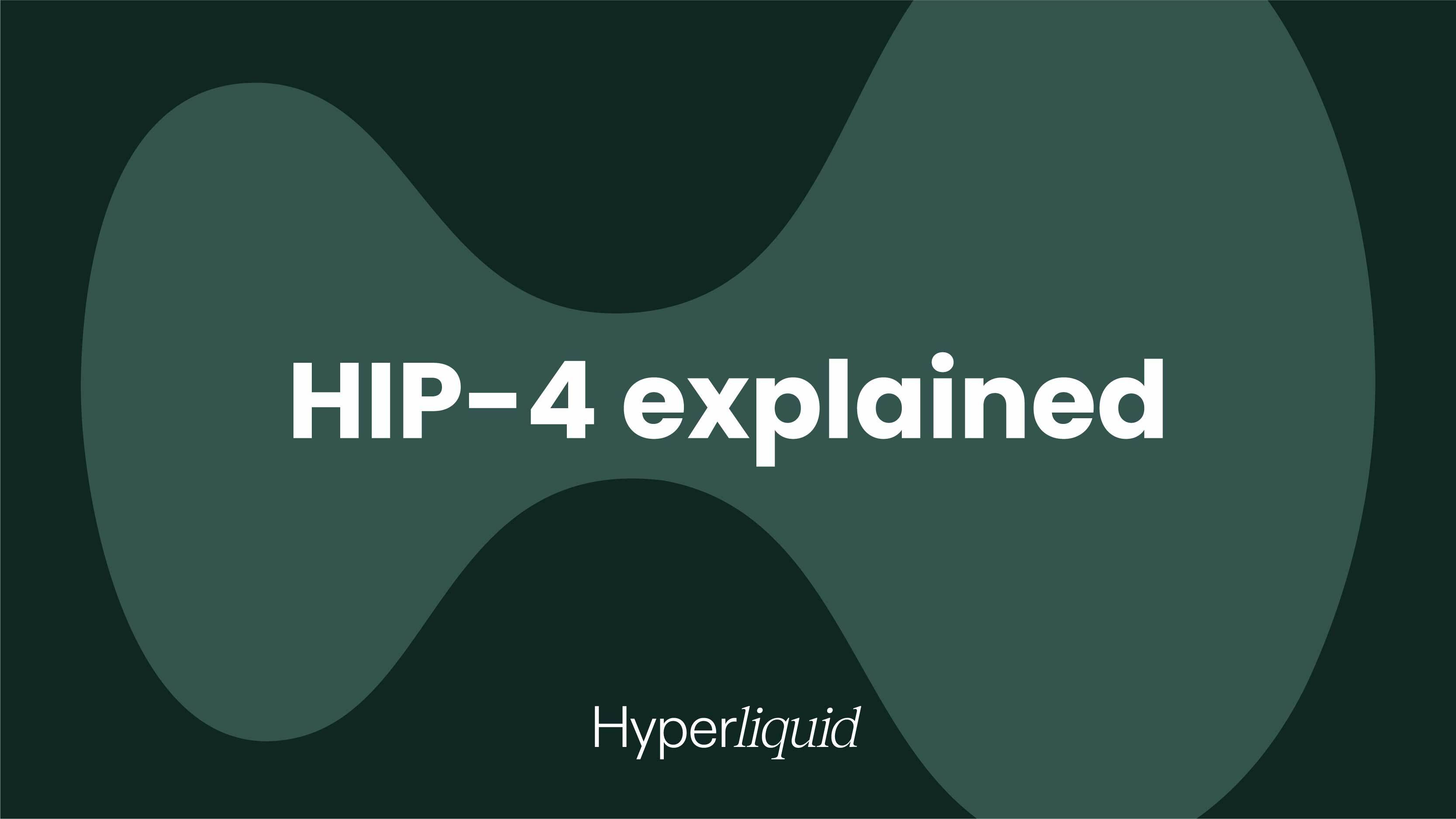United States District Court Judge Edgardo Ramos has turned down the SEC’s attempt to impede one of Justin Sun's key arguments that he has been leveraging in an ongoing lawsuit.
To rewind, in March 2023, the SEC filed a case against Sun and the Tron Foundation alleging that they orchestrated the “unregistered offer and sale, manipulative trading, and unlawful touting of crypto asset securities” w.r.t. Tron [TRX] and BitTorrent [BTT].
Right after, the defendants filed for a dismissal by asserting that the regulatory agency had no authority over “foreign digital asset offerings to foreign purchasers on global platforms.”
Sun has time and again contended that the “SEC ain’t a worldwide regulator. As a result, its effort to apply US security laws to “predominantly foreign conduct” is seemingly far-fetched.
In simpler words, the defendants contend that the tokens were sold entirely overseas. In fact, several steps were taken to steer away from the US market.
In the latest filing, the SEC accused the defendants of sneaking in a novel argument, i.e. the sales of TRX and BTT failed to adhere to the “common enterprise” requirement of the Howey Test.
In retrospect, the SEC requested the judge to either blindside the defendants’ motion to dismiss or force them to file a sur-reply to nurse the new argument.
Their lawyers contended that the defendants had initially only opposed two tangents of the Howey test, i.e. the investment of money and expectation of profits, but not the common enterprise part.
Nevertheless, the judge ruled in favor of Sun and his firm and said,
“In light of defendants’ concession that they [are] not challenging the “common enterprise” element of the Howey test, the SEC’s letter motion to strike the untimely argument or for leave to file a sur-reply is DENIED.”


































.webp)

.webp)
.webp)

%20(1).webp)



























































%202.webp)


.webp)

.webp)
.webp)
.webp)


.webp)
.webp)

.webp)
.webp)
.webp)


.webp)
.webp)










.webp)


.webp)









.webp)







.webp)




.webp)


























.webp)







.webp)















.webp)

.webp)
.webp)

.webp)














.webp)

.webp)


.webp)








.webp)




